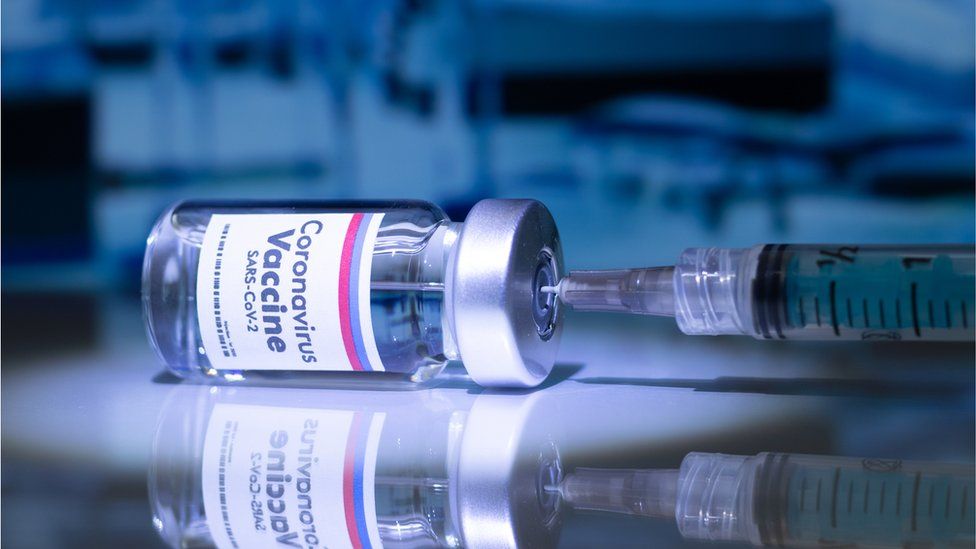Hyderabad: Hyderabad-based vaccine and pharmaceutical company Biological E. Limited (BE) announced Saturday that its COVID-19 subunit vaccine candidate has received approval to begin Phase III clinical trials in India.
A statement issued by the company said that it has received clearance from the subject expert committee (SEC) of Central Drugs Standard Control Organisation (CDSCO) following the successful completion of the Phase I/II clinical trials.
The Phase III clinical study to be conducted in 15 sites across India will evaluate the immunogenicity and safety of BE’s SARS-CoV-2 COVID-19 vaccine in about 1,268 healthy subjects in the age range of 18 to 80 years. It is intended to be part of a larger global Phase III study.
“We are delighted with the success of the Phase I/II clinical trials of our COVID-19 vaccine candidate. The results of these clinical trials are very positive and promising. We believe that our vaccine candidate will become another effective global COVID-19 vaccine as we move forward into Phase III clinical trials,” said Mahima Datla, Managing Director, Biological E. Limited.
BE started the Phase I/II clinical trials of its COVID-19 vaccine candidate in the second week of November 2020. Its candidate includes an antigen developed by Texas Children’s Hospital Center for Vaccine Development and in-licensed from BCM Ventures, Baylor College of Medicine’s integrated commercialisation team, along with Dynavax Technologies Corporation’s advanced adjuvant CpG 1018TM.
The Coalition for Epidemic Preparedness Innovations (CEPI) and the Biotechnology Industry Research Assistance Council (BIRAC) have provided support for the Phase I/II clinical trials.
“This vaccine could one day fill the gaps in vaccine supply shortages in Africa, Latin America and low-income Asian countries. It’s so exciting to partner with BE and help India provide a vaccine to halt the COVID-19 pandemic globally,” said Peter Hotez, professor and dean of the National School of Tropical Medicine at Baylor, and co-director of the Texas Children’s Hospital Center for Vaccine Development.
BE’s Phase I/II clinical trials evaluated the safety and immunogenicity of the vaccine candidate consisting of the receptor binding domain of the spike protein of SARS-CoV-2 at three-dose levels adjuvanted with CpG 1018 plus alum, in about 360 healthy subjects in the age range of 18 to 65 years.
The vaccination schedule consisted of two doses for each study participant, administered via intramuscular injection 28 days apart.
IANS
